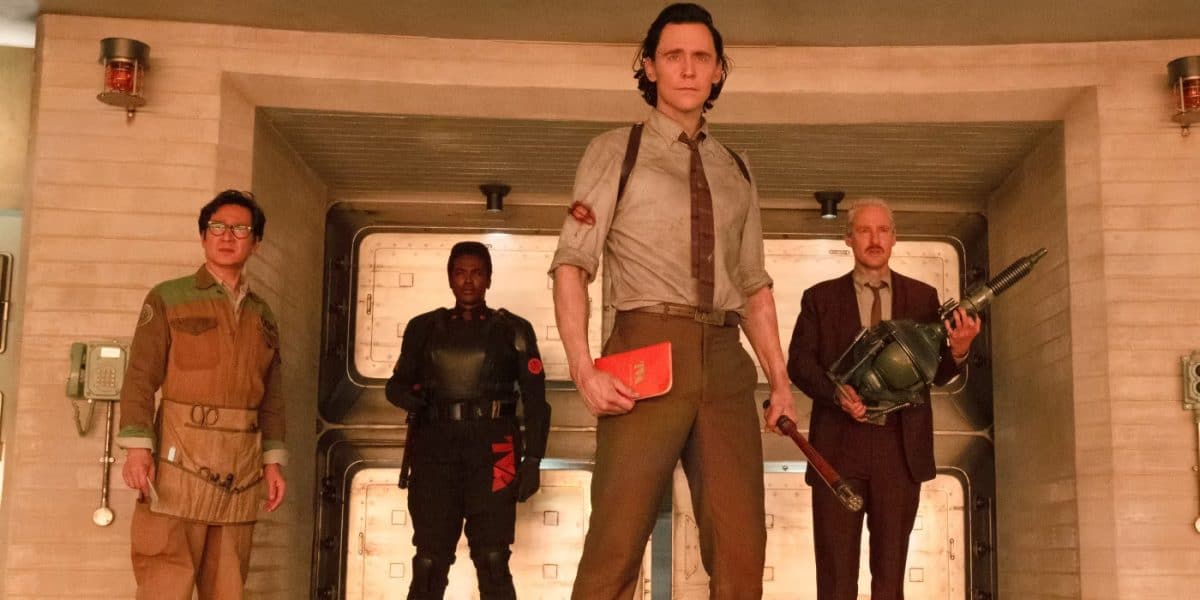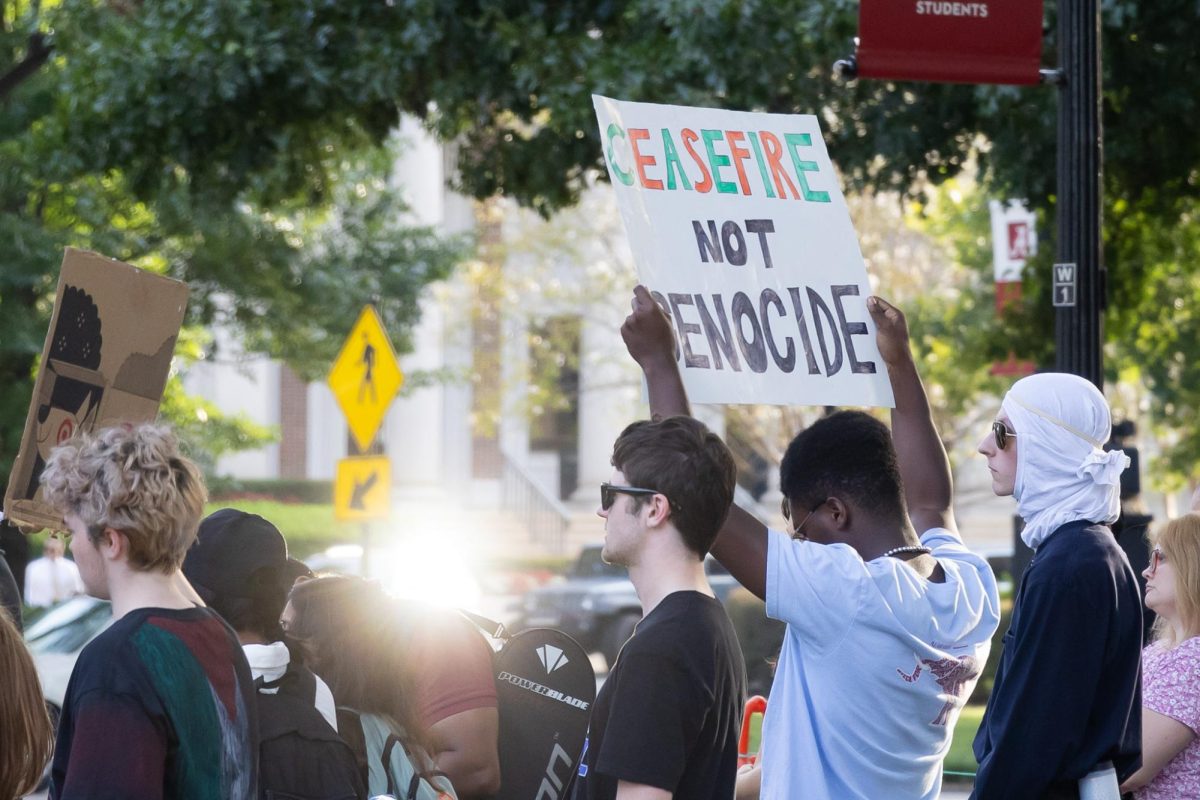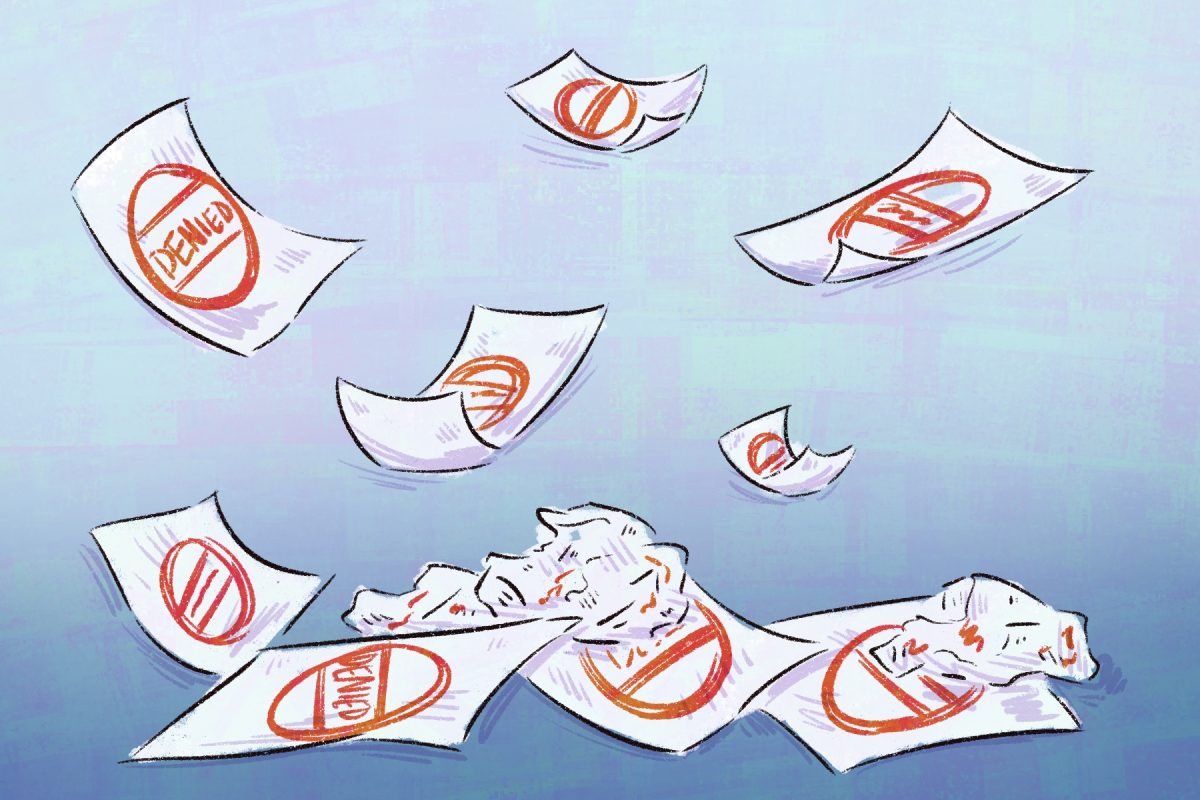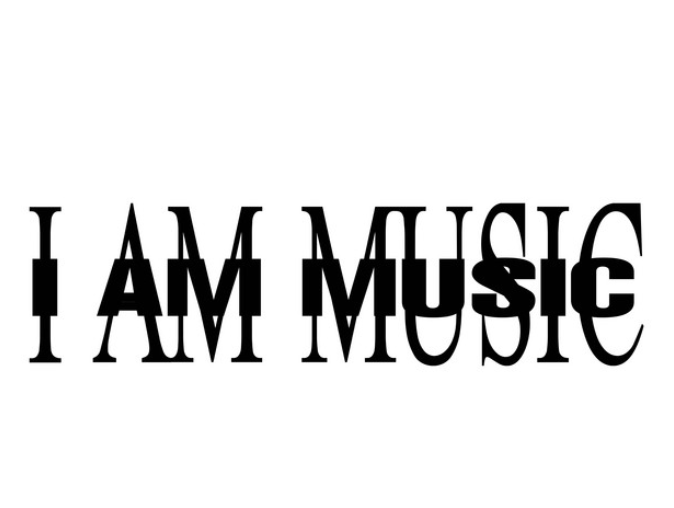Thursday marked the return of Marvel’s “Loki,” which, with a 90% critics’ approval on Rotten Tomatoes and an 8.2/10 on IMDb, is among the more successful of the studio’s Disney+ television outputs.
Season 2 begins with an episode titled “Ouroboros,” a somewhat vague and ominous moniker that at first glance reveals very little about what transpires over its 45-minute runtime. It picks up at the cliff where audiences were left hanging over two years ago: Loki, played by the always-charming Tom Hiddleston, has returned to the Time Variance Authority after last season’s climactic encounter with He Who Remains, played by Jonathan Majors.
Upon returning, he has discovered that reality as he knows it has seemed to alter, with the TVA’s monuments to the Time-Keepers being replaced by statues of Majors’ villain.
What stands out most about the episode is its lack of hesitance to jump right back into the thick of the show’s narrative. One of the most prevalent issues of the other Marvel series is how much they’ve meandered in early episodes, with the pilots often coming and going seemingly without anything significant taking place.
“Ouroboros” does little of this meandering. The story is just as quick and engaging in the opening minutes as it was in the closing minutes of Season 1’s finale; we’re even given a life-or-death climax, an end to the episode that elsewhere might have been an innocuous and even unsatisfactory slowdown.
The stakes as a whole are higher, as the dominoes that were set up in the show’s beginnings are now falling at a rapid pace. Each moment is as a result inherently more engaging, as it’s less about development of a new concept, which can sometimes drag, and more about barreling toward an inevitably loaded conclusion.
In the midst of this are the returns of beloved characters like Owen Wilson’s Mobius and Wunmi Mosaku’s B-15, as well as the introduction of new ones, like Hollywood beloved Ke Huy Quan’s whose character bears the episode’s namesake.
To return to the mystifying nature of Ouroboros as the name of character and the title of an episode: “Ouroboros” is an ancient symbol, perhaps familiar to some viewers, of a serpent with its own tail in its mouth, continually devouring itself. The symbol “expresses the unity of all things, material and spiritual, which never disappear but perpetually change form in an eternal cycle of destruction and re-creation.”
In the context of the show, it represents the capriciousness and fluidity of time, which will likely become more prevalent as the new season goes on.
On the negative side of things, the elevation of stakes that works wonders for engagement unfortunately becomes something of a two-way street. Adding weight to every moment is desirable in and of itself, but it makes lighter moments harder to palate.
The most glaring example of this is the buddy-cop dynamic between Loki and Mobius. In Season 1, when stakes had not yet reached a drastic level, their comedic interactions fit into the show seamlessly.
In Season 2, however, as we grapple with the collapse of the universe and the looming arrival of innumerable antagonistic variants of Marvel’s next big bad, those moments of humor feel out of place, both for us as spectators and the characters as parts of the action.
Episode 1’s loyalty to the show’s comedic side is perhaps its biggest flaw. Not only is it dubious in a vacuum, but it frames “Loki” as just another product of the Marvel formula.
This isn’t to say the show is doomed to the fate of the studio’s most mediocre outputs, but one would hope that when operating with such heightened magnitude, it would go all the way with its independence of tone.
Despite these issues, “Ouroboros” is a much-welcomed return to a unique and fascinating world. With new faces and the hashing out of a story that fans have waited seemingly an eternity for, it provides just the right amount of fun and allure. It isn’t peak Marvel television, but it portends a path toward what will be at the very least intriguing and at the most a more-than-worthy payoff to a dynamic series.









